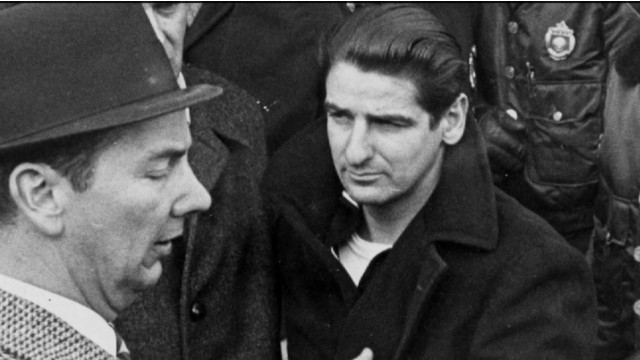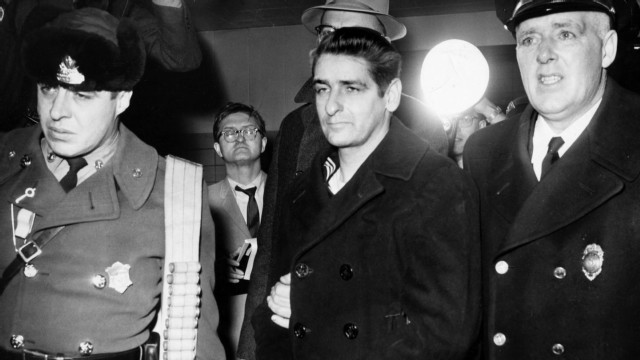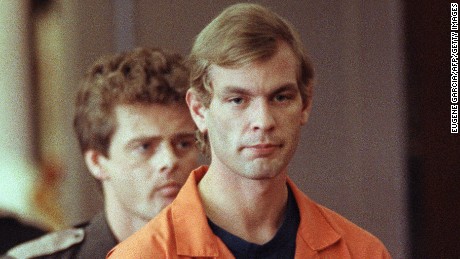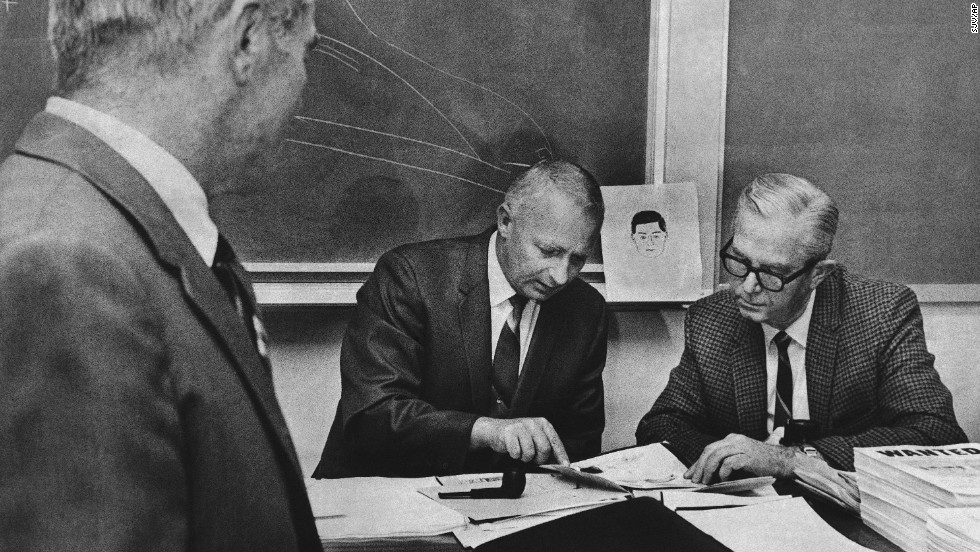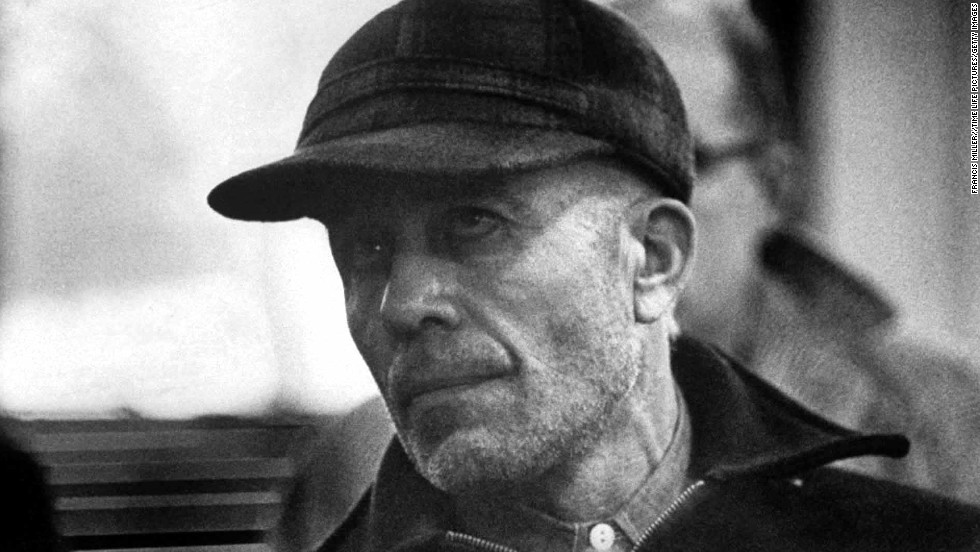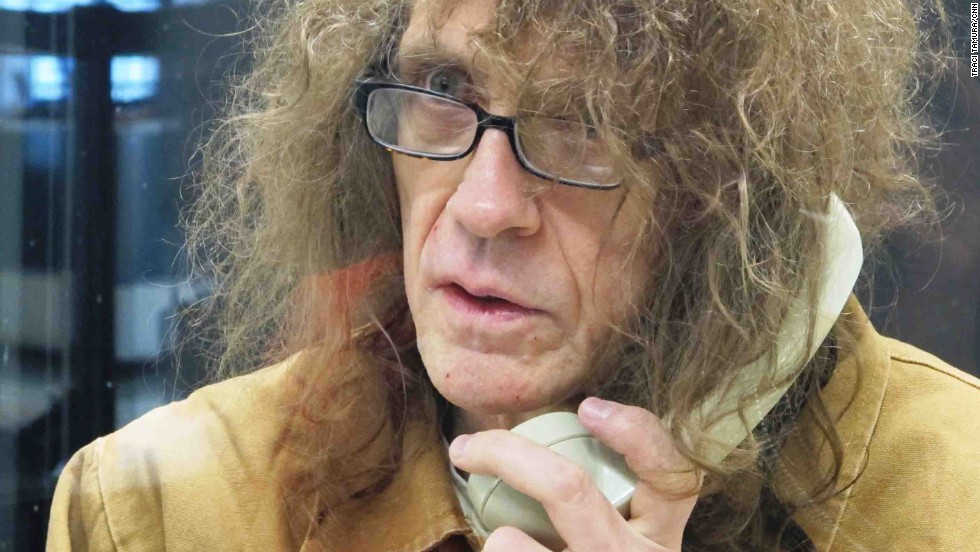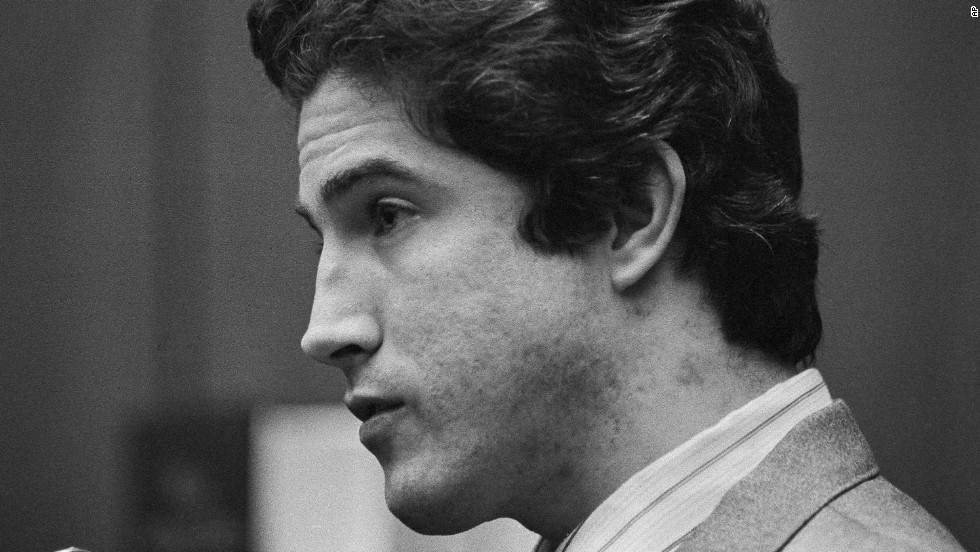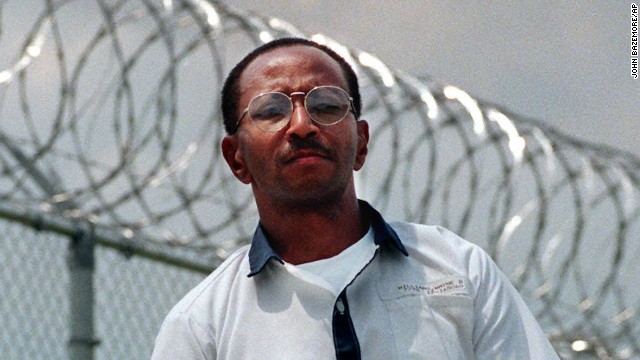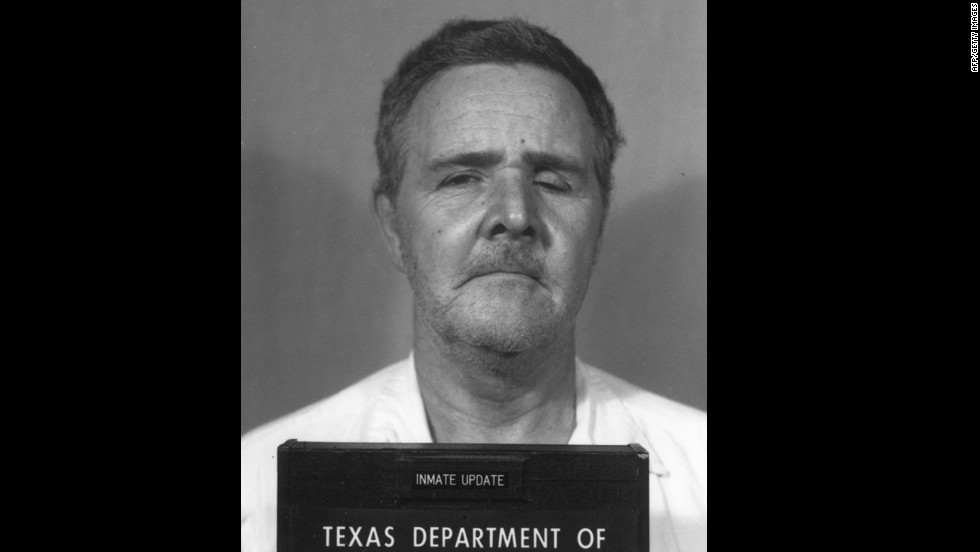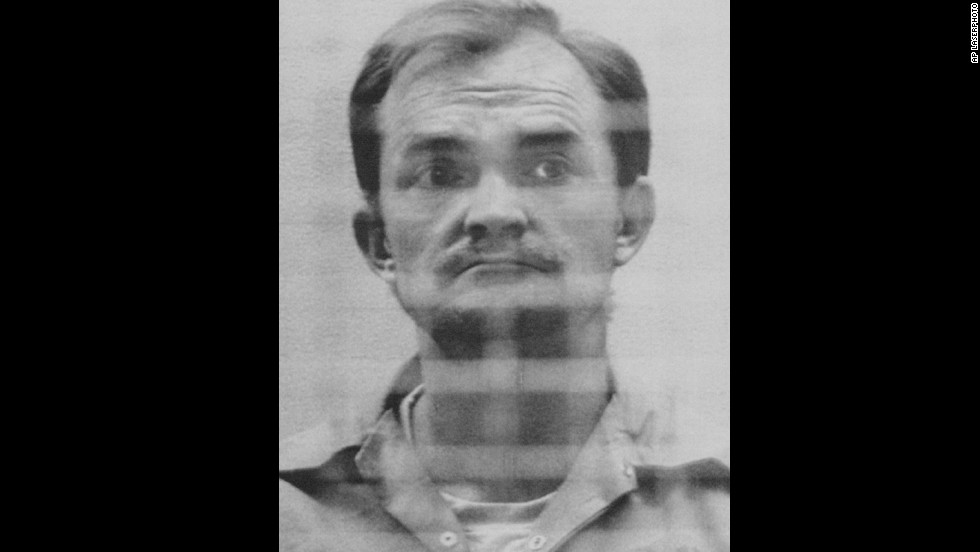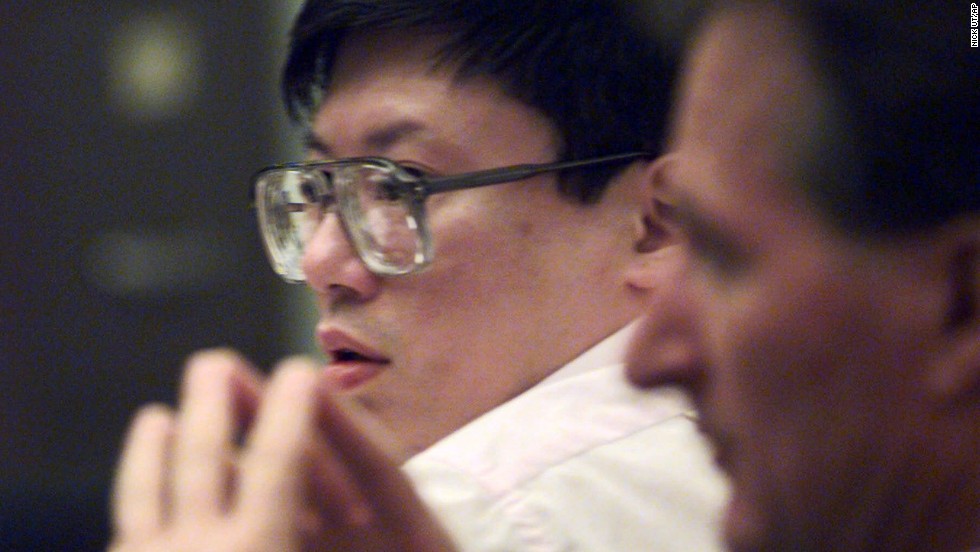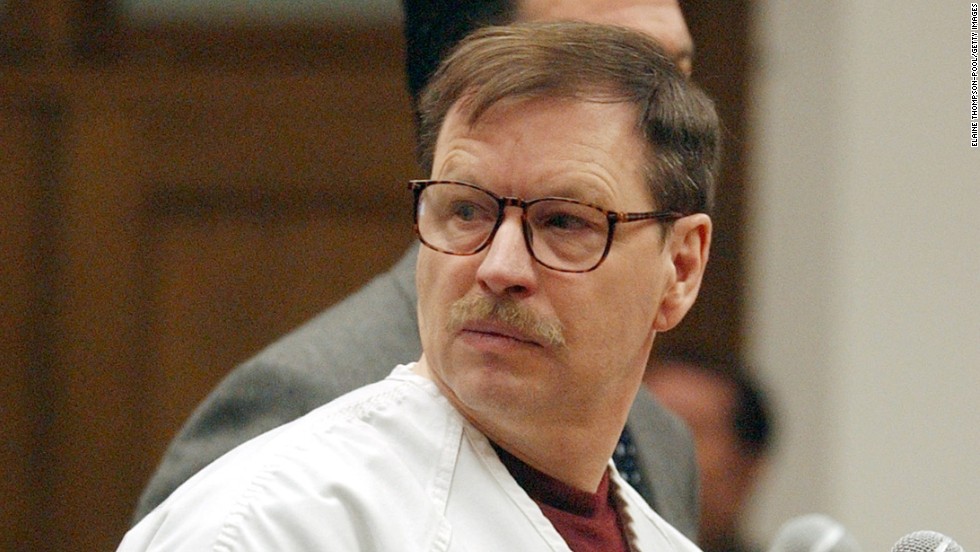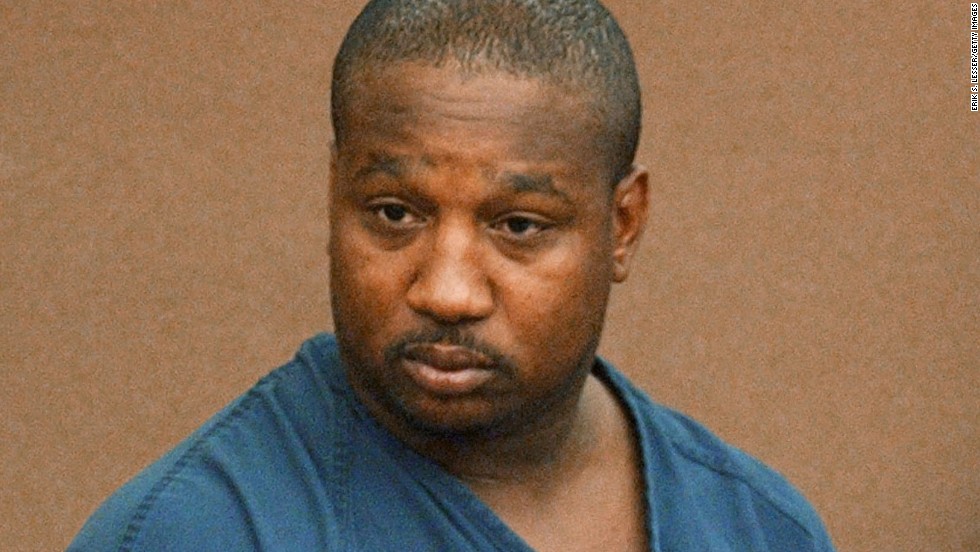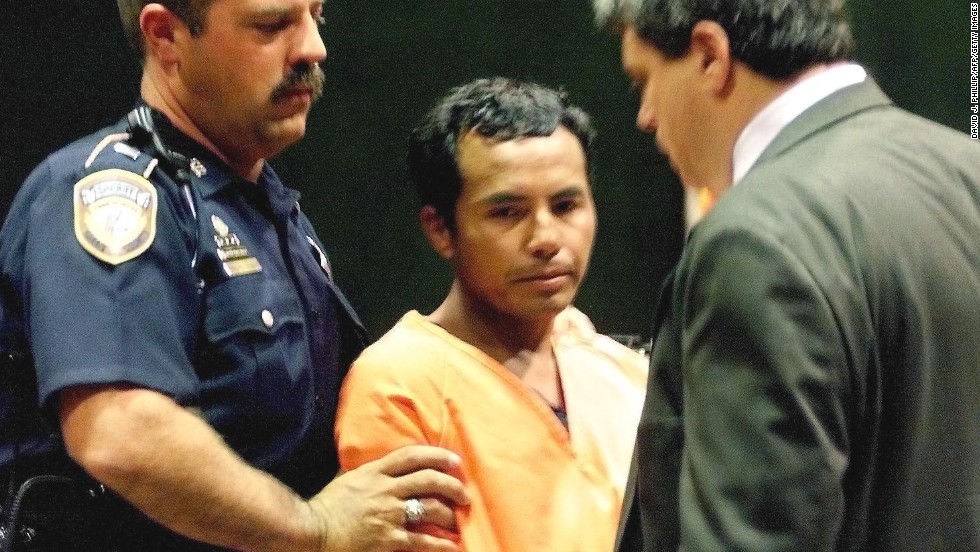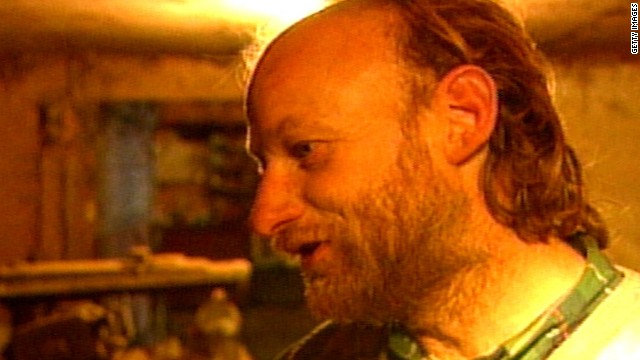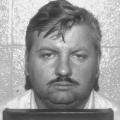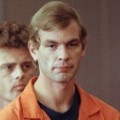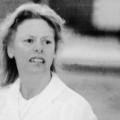Story highlights
- Albert DeSalvo confessed to being the Boston Strangler
- Authorities never definitively linked DeSalvo to the killings
- He was never charged in those crimes, and he was killed in prison in 1973
- Authorities believe they have linked DeSalvo to one killing
The remains of a man who confessed to being the Boston Strangler were exhumed Friday by authorities working to connect him to the January 1964 killing of Mary Sullivan, the last of 11 women believed killed by the serial killer.
New DNA tests on a secret sample collected from a relative of suspect Albert DeSalvo triggered the exhumation after authorities said there was a "a familial match" with genetic material preserved in the killing of 19-year-old Sullivan, Suffolk County District Attorney Dan Conley said Thursday.
Authorities made the match through DNA taken from a water bottle thrown away by DeSalvo's nephew, he said.
DeSalvo's remains were removed from Puritan Lawn Memorial Park in Peabody, north of Boston, to the state medical examiner's office, where DNA tests will be performed.
Authorities said they believe the results will come back quickly, perhaps in a few days.
The Strangler killings terrorized Boston from mid-1962 to early 1964. Conley said 11 killings have been attributed to DeSalvo -- who confessed to the deaths -- including Sullivan's. DeSalvo also confessed to two additional killings, which were not suspected Strangler victims.
DeSalvo was never charged with the killings. He was stabbed to death in 1973 while serving a life prison term for unrelated rapes.
The news has convinced Sullivan's nephew, Casey Sherman, who wrote a 2001 book in which he argued that another man may have been behind the Strangler killings. He said Thursday that he was surprised his aunt's slaying was still being investigated.
"It's taken 49 years for police to legitimately say they got their man, and they'll probably be able to say that very soon," Sherman said.
But a lawyer for the DeSalvos told CNN the family was "outraged, disgusted and offended" by the decision to secretly take a DNA sample of one of its members, a move she called "unnecessary and creepy."
"They feel victimized by this process," said the attorney, Elaine Whitfield Sharp. "This was an unwarranted invasion of privacy by a government agency. We have offered them DNA as recently as last year. There was no reason to sneak around to get it."
Scientists tried several times in the late 1990s and early 2000s to isolate DNA evidence from semen found in Sullivan's body and on a blanket, authorities said. They resumed their efforts last year, after a laboratory successfully salvaged DNA from decades-old material, and found what they believe is the unique genetic profile of Sullivan's killer.
Despite an exhaustive search, investigators found no usable samples of DeSalvo's DNA to compare with the material from the crime scene. So Boston Police Commissioner Ed Davis said he had a detective from the police department's fugitive squad shadow DeSalvo relatives until he spotted one of the suspect's nephews throwing away a water bottle.
The nephew was working at an outdoor construction site when he threw away the plastic bottle, which was retrieved by plainclothes investigators, according to a law enforcement source who spoke on condition of anonymity.
Conley said authorities didn't ask the DeSalvo family for their cooperation, but he defended the secret collection of their DNA as "a fair and legal and ethical method."
DeSalvo's brother, Richard DeSalvo, offered blood and saliva samples in hopes of proving his brother's innocence in 2001. Those tests had been unable to find a match between DeSalvo family DNA and the killings, but Conley discounted them Thursday because they weren't conducted by law enforcement.
